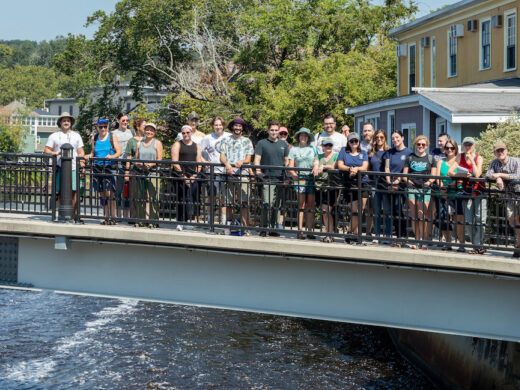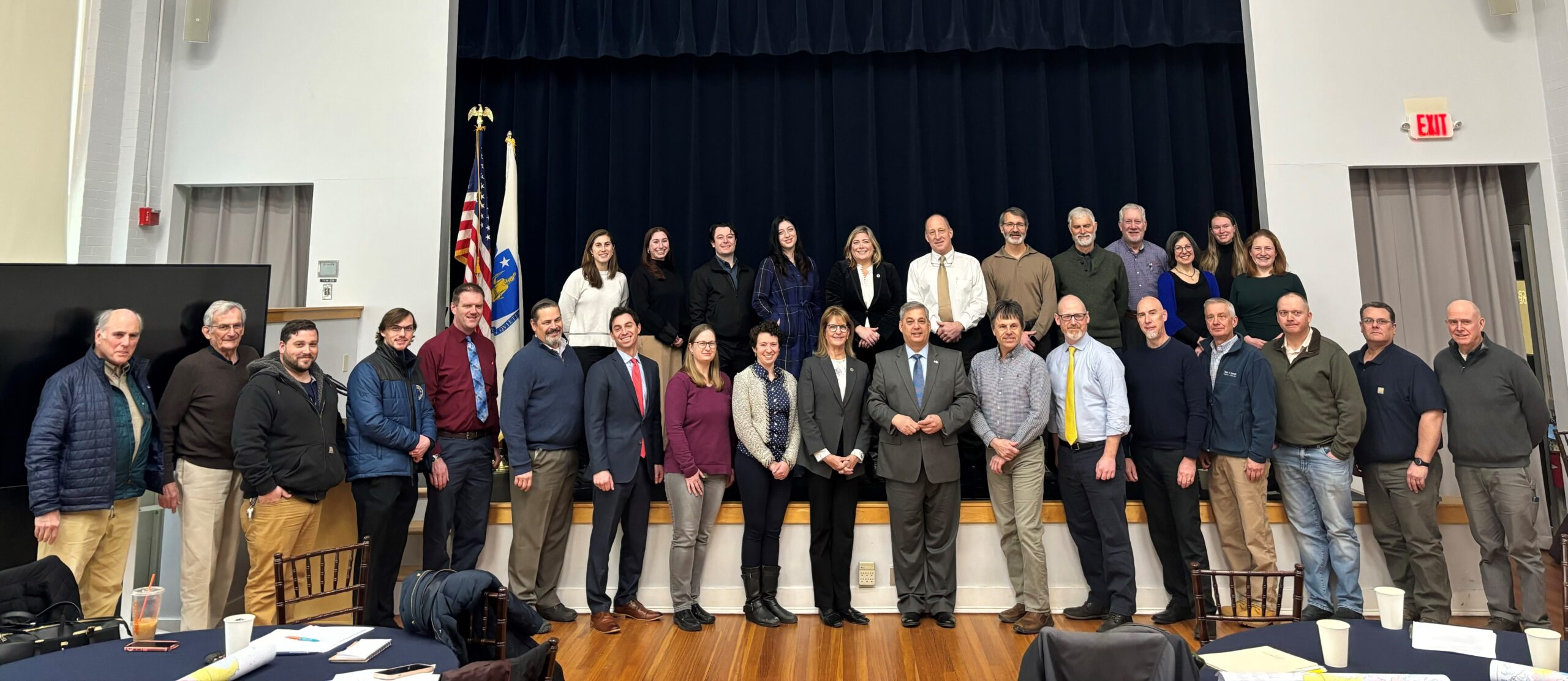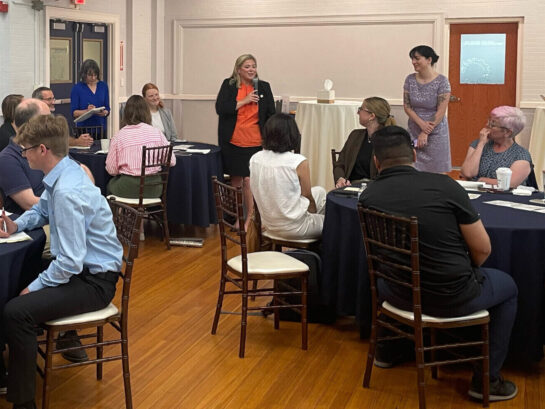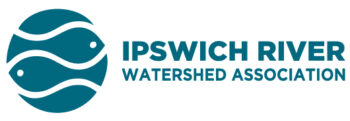ADVOCACY
The Ipswich River Watershed Association is an organization of citizens like you.
Together, we are the voice of the river.

We speak up for safe, fair and sustainable use of our water. Our advocacy efforts focus on ensuring that federal, state and local water policies, water withdrawal permits, and regulatory decisions are protective of ecosystem health and include prudent water conservation measures. We also comment on proposed development projects that have significant potential to impact the Ipswich River and its watershed.
Every year, government officials make decisions about water use, wastewater treatment, environmental law enforcement and other matters. In Massachusetts, local government officials have a particularly strong role in protecting the river. Collectively, federal, state and town officials literally have the fate of the river in their hands! We strive to work collaboratively with both watershed communities and state and federal agencies to restore and protect the river.
Read on to learn more about our significant advocacy efforts.
NORTH SHORE WATER RESILIENCY TASK FORCE
The primary ecological issue facing the Ipswich River is that naturally low flows in the summer months are further reduced to extremely low flows, beyond what the fish communities and other flora and fauna are adapted to, due to a myriad of human factors such as wastewater exports, water withdrawals, stormwater management, and potentially others.
On September 28 2022, the Ipswich River Watershed Association and all cities, towns and water suppliers in the watershed or deriving water from it signed the charter agreement for the North Shore Water Resiliency Task Force. This charter agreement is a major milestone in creating health and resiliency for the Ipswich River watershed and ecosystem!
It is the first time that every city and town and IRWA has agreed in writing on the need to address water supply resiliency and ecosystem health simultaneously. The Task Force is being convened by Senator Bruce Tarr and all 24 members of the State Legislative delegation that serve these communities and is supported by 26 official stakeholder organizations.

NET ZERO POLICY

Above: Maple Brook in Wenham was designed by Harborlight Homes so its net affect on the Ipswich River would be zero.
After a 10 year lull, development is once again increasing rapidly in the region, causing new water demand to increase. Due to the critical importance of the river to our communities, the Ipswich River Watershed Association advocates for a Net Zero Water Use Policy or Water Neutral Growth Policy. The policy advises that every development project that utilizes water from the Ipswich River watershed does not increase water use above existing levels, resulting in “net zero” water use. We recommend that all cities and towns using Ipswich River water supplies adopt the Net Zero Policy to minimize new water demand when approving projects on both public and private water systems.
To assist communities with developing the program and regulations to implement this new Net Zero Water Use policy, the Ipswich River Watershed Association along with the Greenscapes Northshore Coalition and PIE-Rivers Partnership has developed the Recipe for Water Resiliency, a ten-step guide for communities to implement policies and practices to achieve water conservation.
Thanks to grants provided by the Metropolitan Area Planning Council’s Climate Resiliency Program and the Alces Foundation, Ipswich River partnered with the Town of Ipswich to develop a model Water Use Mitigation Program (WUMP) and bylaw that can be used across the region to keep water withdrawals at or below existing levels in perpetuity. Using Ipswich as the pilot program, it became apparent that there are significant water savings to be had in most towns, and that water neutral growth is possible if we work together.
LEGISLATIVE ADVOCACY
IRWA is involved in two legislative advocacy efforts in support of the Drought Bill (HD.1557/SD.142, An Act relative to maintaining adequate water supplies through effective drought management), sponsored by Senator James Eldridge and Representative Joan Meschino. Currently, municipalities implement their own water conservation measures during drought (for some, that's none at all), leading to a patchwork of policies that are confusing for residents to follow and have only a limited impact on overall water savings. This bill would give the Secretary of Energy and Environmental Affairs the authority to require uniform water conservation for all water users across a drought region.
IRWA is also an active participant in the MVP Coalition, which has come together to advocate for increasing the amount of funding for the Municipal Vulnerability Preparedness program to at least $100 million per year to meet the needs of the Commonwealth’s 351 communities.
Pictured: Massachusetts State Representative Kristin Kassner speaks alongside Town of Ipswich's Water Resource Manager Rachel Belisle-Toler at a North Shore Water Resiliency Task Force meeting.

DEVELOPMENT PROJECT REVIEW

With the uptick in development and redevelopment in our region, IRWA and its network of advocates are actively involved in reviewing and offering comments on proposed projects with a significant impact on river health. We look at a project’s potential impacts on water withdrawals and wastewater exports from the basin, impacts on river health from stormwater management, and potential water quality issues. Our aim is always to support town staff and volunteer boards and commissions to make the best decisions for river health while balancing other town needs.
Pictured: Staff tours new construction at Governor's Academy in Byfield, MA
Become an Ipswich River Advocate!
For more information about our policy & advocacy work and for updates on legislation impacting the river, sign up for our Advocacy Alerts below.
